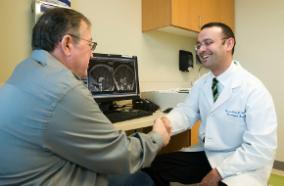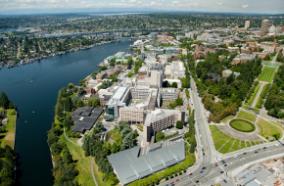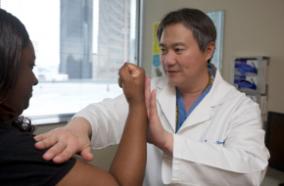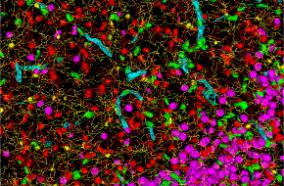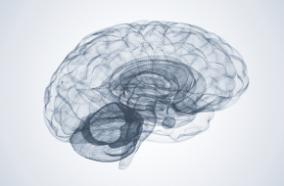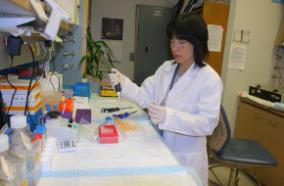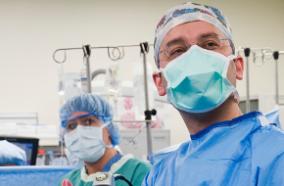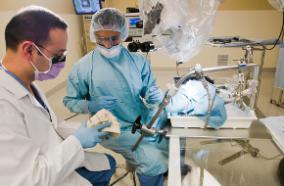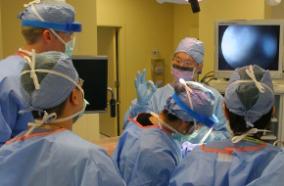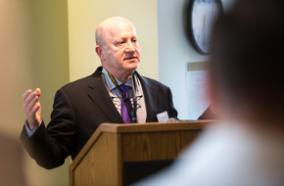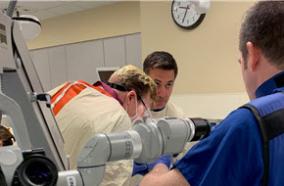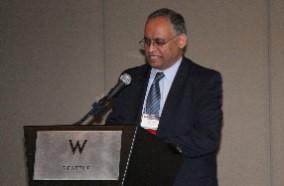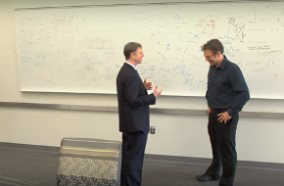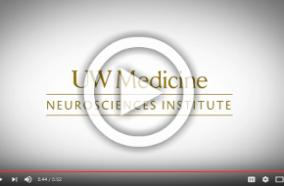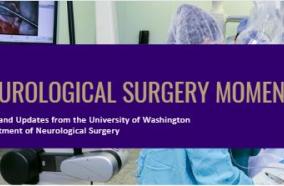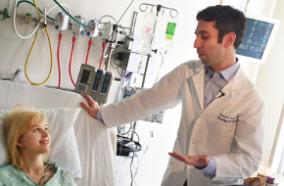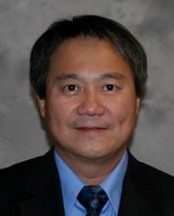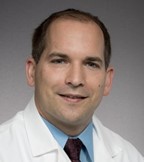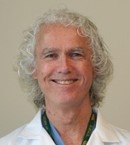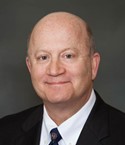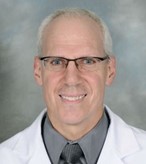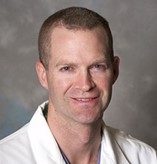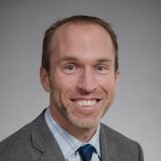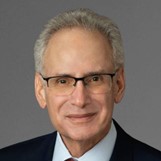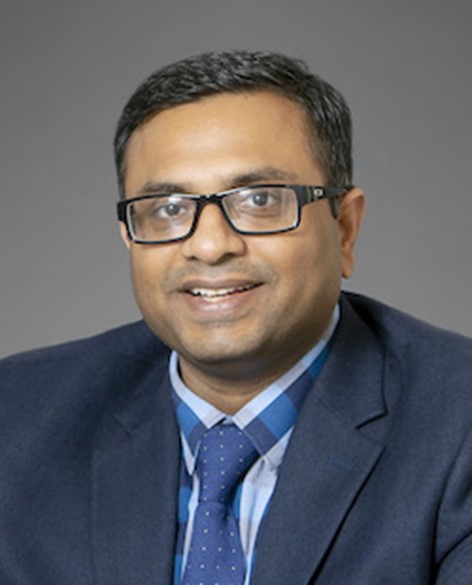Program Overview
The Department of Neurological Surgery at the University of Washington offers two positions for a one-year Spine Fellowship. The Neurological Surgery Spine Fellow is appointed as an Acting Instructor in the Department of Neurological Surgery. Progressive independence in patient evaluation and management is encouraged during the course of the fellowship.
Our spine fellowship training program provides exposure to the widest possible range of spinal pathology with respect to the nature and location of spinal disorders and their treatment options. The training sites include Harborview Medical Center (only level 1 trauma center in four pacific northwest states) and both campuses of the University of Washington Medical Center; UWMC-Montlake and UWMC-Northwest. Spine fellows spend majority of their time at Harborview Medical Center (HMC). However, they are encouraged to join the spine fellowship trained faculty members at both UWMC campuses.
The level 1 trauma center status at Harborview Medical Center exposes the fellow to the entire breadth of spine trauma. Complex stabilization and reconstructive spinal procedures are routinely carried out and the fellows are also exposed to the multidisciplinary care and management of this highly fragile and complex patient population. Fellows also participate in complex spinal deformity procedures, thus exposing them to valuable insights into deformity-reduction maneuvers and fundamental concepts of spine deformity surgery.
In addition to spine trauma and complex deformity surgery, we also focus on minimally invasive spine surgery. The University of Washington is a worldwide leader in full-endoscopic spine surgery. The fellow will learn how to perform endoscopic decompression surgeries on all segments of the spinal column. In order to facilitate the learning curve of this novel technique, fellows are encouraged to participate in our annual West Coast Fellows and Residents course at the University of Washington WISH laboratory. Additionally, all traditional minimally invasive surgeries such as MIS-TLIF, ELIF, OLIF are carried out routinely at HMC and UWMC campuses. The University of Washington Medical Center is also local hub for metastatic spine tumors. A multidisciplinary approach including radiation oncology and oncology is in place to provide the best care for these patients.
The case range through the year is widespread and divided roughly as follows: 20% trauma; 55% degenerative disorders; 10% deformity; and 15% neoplasia/infection. The distribution between cervical and thoraco-lumbar pathology is approximately 50-50. The overall spine caseload within our teaching hospitals exceeds 2500 surgical procedures per annum, with an average of 240 spine procedures per annum. Every effort is made to provide each fellow the entire spectrum of spinal care.
Spine fellows will actively participate in the management of all facets of spinal surgery, including extensive mentoring in complex trauma cases, tumors, infection, degenerative disorders and spinal deformity, all forms of spinal instrumentation, image-guided navigation and robotic surgeries, minimally invasive procedures and full-endoscopic spine surgery. We expect excellence in clinical practice, research and educational efforts during the fellowship year, and offer mentoring and assistance with attaining career and employment objectives.
Accreditation
Accredited by the Committee on Advanced Subspecialty Training (CAST)
How to Apply
Interested applicants should send a letter of interest, curriculum vitae, and three letters of recommendation to: nsfellowship@uw.edu.
Fellowship positions now filled and/or applications now closed:
- 2026-2027
- 2027-2028
Eligibility Requirements
Applicants must have completed an ACGME (or Canadian equivalent) accredited neurosurgery residency program, be able to obtain a Washington license to practice, and not require a visa.
Selection Process
Once all required documents (including: a letter of interest, curriculum vitae, and three letters of recommendation) have been received and reviewed, selected candidates will be contacted to schedule interviews.
Stipends and Benefits
Vacation, pay, and benefit specifics will be discussed at the interview. The University of Washington offers a highly competitive compensation package, however.
Contact Information
For more information about the UW Spine Surgery Fellowship Program, please contact: nsfellowship@uw.edu.
FELLOWSHIP FACULTY
Neurological Surgery:
|
Fellowship Director Professor, Neurological Surgery |
Fellowship Co-Director Professor, Neurological Surgery |
|
Professor, Neurological Surgery |
Richard G. Ellenbogen, MD, FACS Chairman & Professor |
Adjunct Faculty:
|
Orthopaedics & Sports Medicine |
Orthopaedics & Sports Medicine |
|
Orthopaedics & Sports Medicine |
Orthopaedics & Sports Medicine |
|
Orthopaedics & Sports Medicine |
Orthopaedics & Sports Medicine |
CURRENT FELLOW(S)
- Chase Foster (2025-2026)
- Ascher Kaufmann (2025-2026)
- Ajay Ramnot (2025-2026)
Living in Seattle:
Learn more about life in the beautiful Northwest here.
PREVIOUS FELLOWS
- Michael Jensen (2024-2025)
- David Zhao (2024-2025)
- Joseph P. Herbert (2023-2024)
- Travis C. Hill (2023-2024)
To see where our past fellows are now click here.

